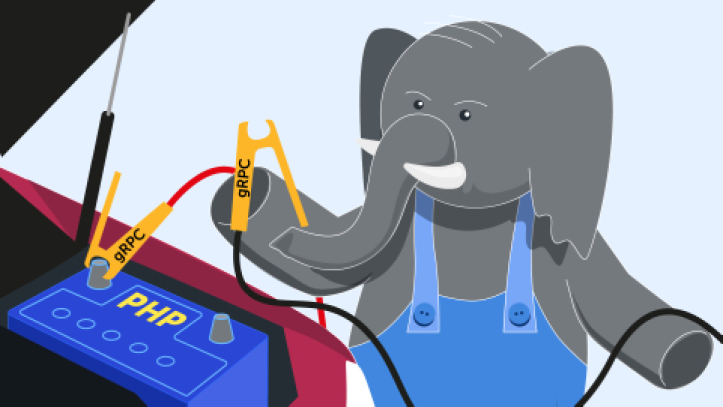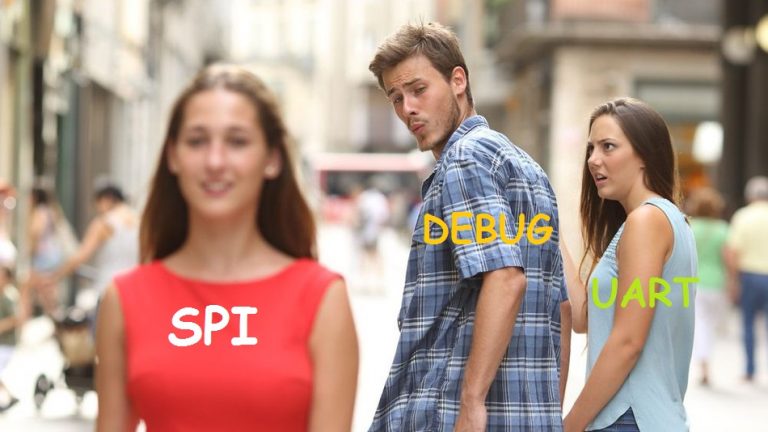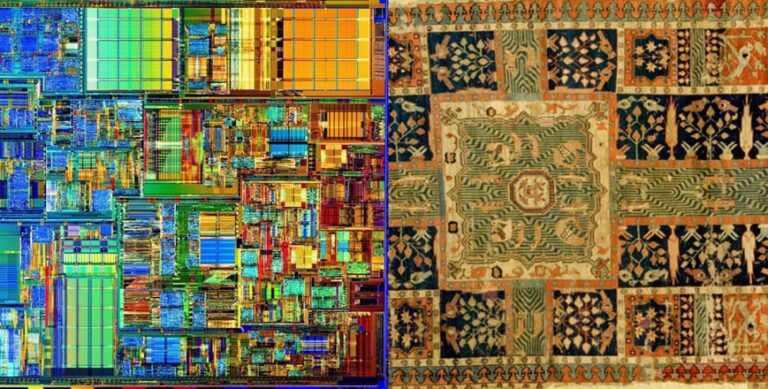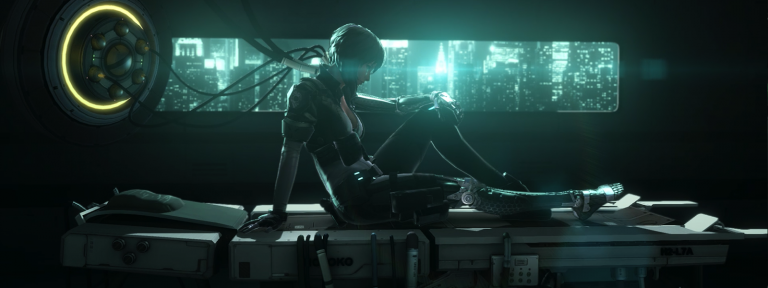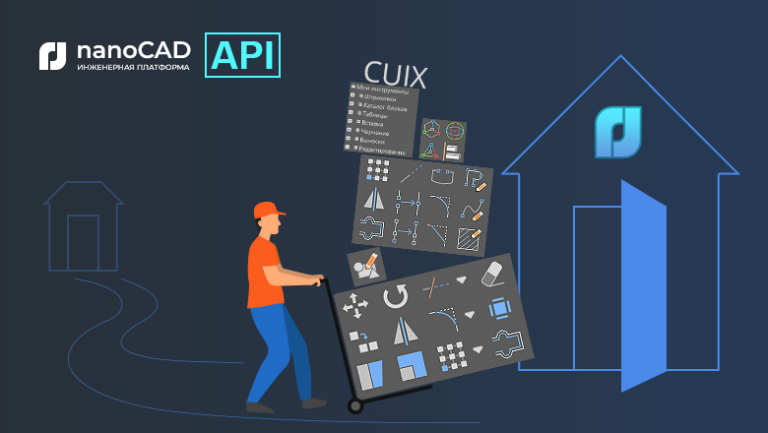Artificial intelligence and human labor: what is happening?
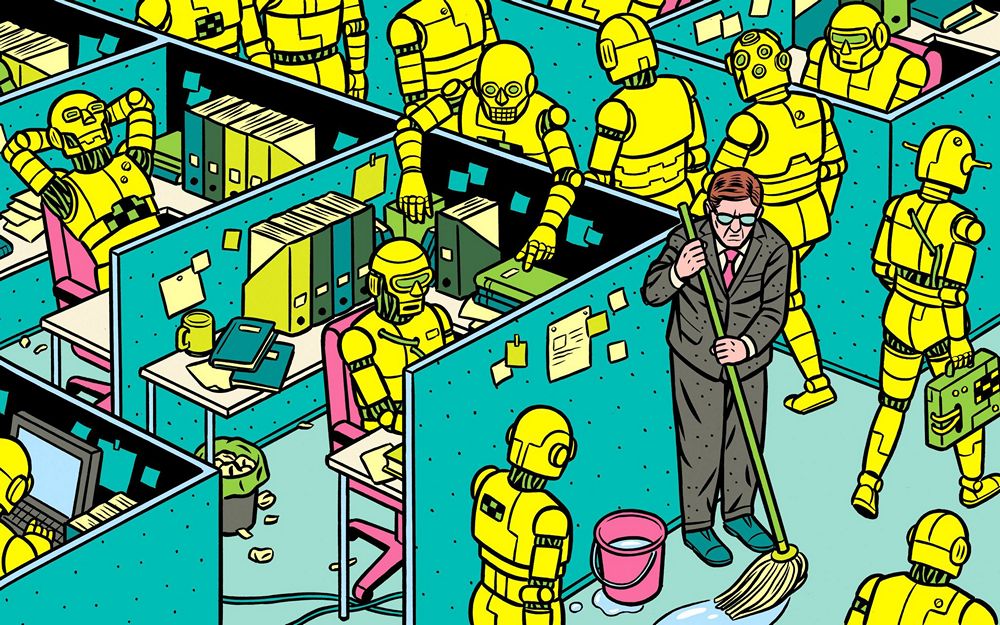
Artificial intelligence is developing faster than many expected. It gradually penetrates into all spheres of life – in some places more rapidly, in others with caution. But wherever people integrate intelligent systems, the goals remain the same: reducing routine processes, increasing their efficiency, helping people achieve high results, saving time. As a “side” effect, I would like to see both an increase in my own income and global economic growth. Details are under the cut.
What do the experts say?
Let's look at the numbers: according to data According to the International Labor Organization (ILO), more than 40% of the world's population works in jobs that could change or disappear in the future due to the impact of AI. And we are talking not only about routine tasks that are automated with each technological revolution, but also about the challenges that only highly qualified specialists face. For example, diagnosing multiple sclerosis is a difficult task even for doctors with many years of experience due to the variety of symptoms and limited diagnostic methods. But already exists digital technology that is trained on databases of patients with the same diagnosis. AI analyzes the patient’s symptoms and the dynamics of their changes, allowing the doctor to save valuable time and begin treatment faster. Of course, here we are more likely talking about artificial intelligence helping people, but still, the trend is clear
By the way, GigaChat’s neural network model is one of the first in the world passed the examrequired to obtain the qualification “medical physician”. The AI exam was taken by a commission of professors from the Institute of Medical Education of the National Medical Research Center named after. V.A. Almazova. GigaChat passed the exam with a 4. The tickets included tasks in therapy, surgery, obstetrics and gynecology. The model was able to answer additional questions from the commission. She also passed a 100-question test with a score of 82% (70% pass threshold).
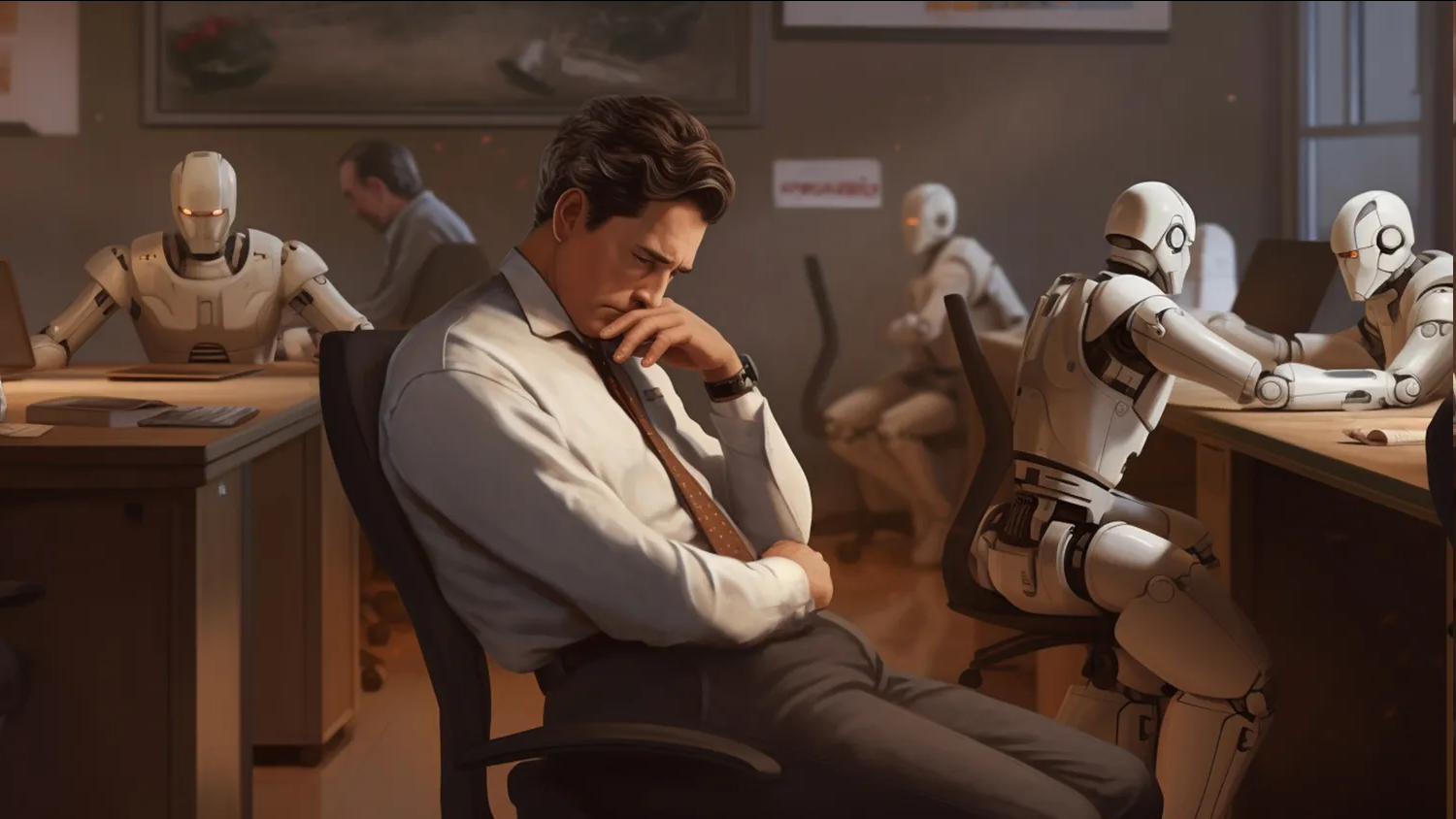
The labor markets of the most developed countries in the world are as ready as possible for the introduction of new technologies, so it is likely that the influence of AI will soon be very noticeable in 60% of specialties. Approximately half of these companies will benefit from the use of artificial intelligence by increasing productivity in the industry, and this is the process of AI and humans working together. In general, experts note the possibility of a global symbiosis of technology and humans, when machines help in a variety of industries and areas. This could be the development of new drugs, the synthesis of proteins, the creation of chemical compounds, working with images in medicine, manufacturing, etc.
For example, at the Cherepovets plant of the Severstal-Metiz company applied artificial intelligence technology. It was used to create the modernized AGV (Automatic Guided Vehicle) navigation system. The new intelligent system ensures the autonomous movement of AGVs using a type of navigation technology – Natural Features Navigation – navigation through characteristic points of the natural surroundings (environment). It chooses the optimal trajectory without interfering with production processes or creating dangerous situations. The software is a completely domestic development with the participation of one of the leading universities in St. Petersburg.
The pace of AI implementation in the workforce: how quickly will we feel the changes?
The pace of penetration of cognitive technologies into everyday and work life depends on many factors, and the main one is economic costs. If the cost of bringing AI to work drops significantly, the integration of machine intelligence into the workplace will accelerate in most market sectors.
This, in turn, will bring with it a number of consequences. With the spread and implementation of artificial intelligence, the technology industry can adapt to the demands of business and government by offering AI solutions as a ready-made service. This will also speed up all processes associated with the innovation wave.
The opposite situation may also be true—requirements for digital intelligence and its results will increase, especially in areas such as medicine, finance, and high technology, which may affect the collection of relevant data for high-quality training of systems. It may also incur additional financial costs and slow the transition to automated, intelligent systems, giving industries, companies and workers more time to adapt.
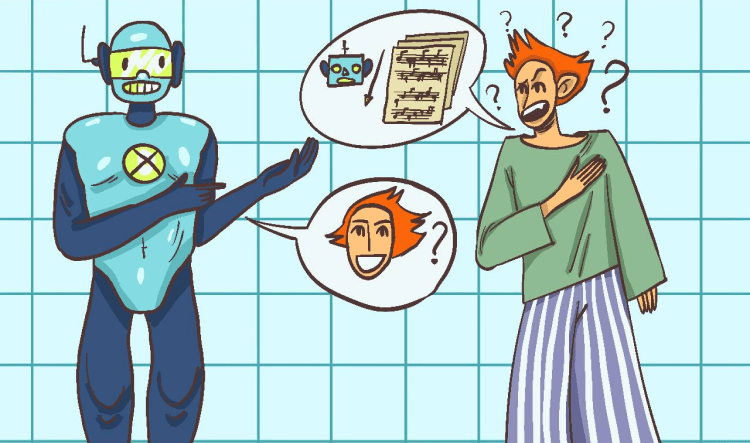
Few experts give specific forecasts on this matter. Geoffrey Hinton is often called the godfather of artificial intelligence due to his significant contributions to the fields of neural networks and deep learning. But even he recognized, that I did not expect such agility in development from this technology. Hinton is confident that over time intelligent systems will gain consciousness.
And Ray Kurzweil, head of engineering at Google, predicted the aggressive expansion of artificial intelligence several years ago. He predictedthat by 2028 AI will reach the level of human intelligence. Until 2045 technologies achieved the level of singularity – the moment when humanity will reach maximum efficiency a million times greater than today, combining artificial intelligence with human intelligence.
What about the salary?
The rapid adoption of AI systems could significantly reduce workers' wages in the future. Today, this process is either insignificant or, on the contrary, has a positive effect on payment. Young specialists and high-level professionals who are ready to work with artificial intelligence are especially in demand. Salaries for such positions are above average.
Less experienced workers can also benefit from machine intelligence support and quickly improve their productivity. While older employees adapt more difficultly and may experience difficulties using AI technologies.
Labor income in spheres of influence will depend on the level of AI implementation in the function of a particular employee. The more new technologies complement human labor, the higher the wages of such employees will be. This will mainly concern highly professional activities, where the introduction of artificial intelligence will cause a jump in profitability of both the company and employees.
It is worth noting that fears that machines will completely replace humans are unfounded. It is already becoming clear that AI will not replace either writers or developers – rather, technology will help representatives of creative professions, that is, professions that require imagination, non-standard solutions and, sometimes, spontaneity.
What do you think will happen in the near future?
